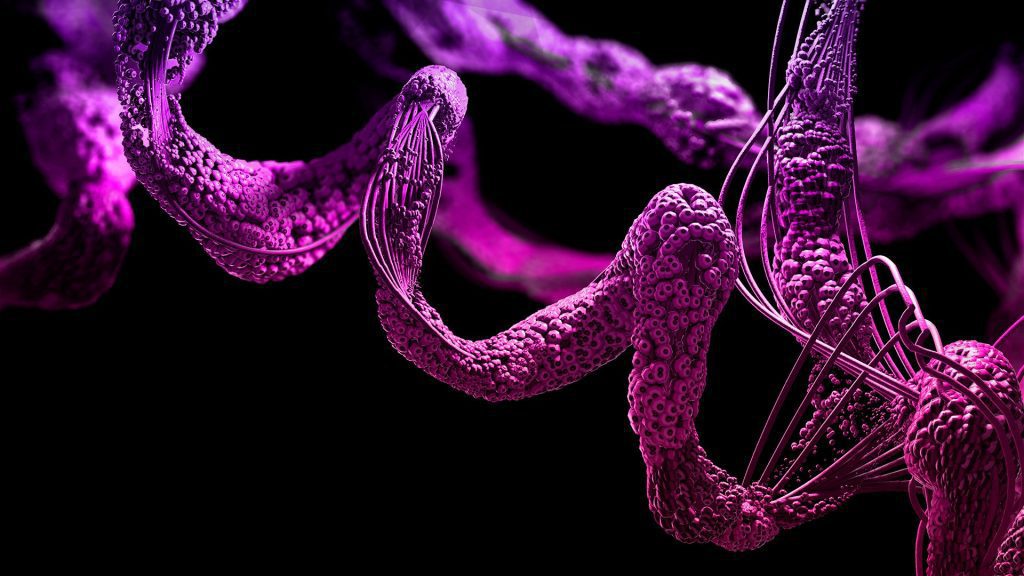Chromosomes, where DNA is stored in the cell’s nucleus, are also broken down during daily processes in the cell and reassembled in a complex process. This has already been achieved artificially in the lab – but so far only with single-celled organisms such as yeast.
Researchers from the Chinese Academy of Sciences have now published in the journal Sciences They presented their work, as they were also able to do so using mouse chromosomes. Different segments were assembled into new gene packages. The result was a live mouse that he named “Xiao Zhou” (baby bamboo).
Reproduction is possible
“Mammalian genomes are much more complex than yeast genomes, and complete rearrangement of chromosomes has not been achieved in mammals,” explained Li Wei, the paper’s lead author. Errors in separating and combining chromosomes under normal conditions sometimes lead to cancer and other serious diseases and will, of course, have similar consequences in an artificial process in the laboratory. In previous experiments, such problems occurred and the organisms were either not viable or had various problems. By using shorter chromosomes and reducing the total number of chromosomes from 20 to 19 pairs, the scientists were able to create a new karyotype in which mice are healthy and normal, despite the presence of completely different chromosomes than mice in nature.
The reprogrammed mice were able to mate with normal mice and produce offspring, indicating that the artificial modifications could be passed down through generations. Through the work, the researchers hope to gain a deeper insight into the molecular mechanisms behind growth and development, as well as a better understanding of how evolutionary processes work.
See also:

“Total coffee aficionado. Travel buff. Music ninja. Bacon nerd. Beeraholic.”









More Stories
Coral Seeding: Artificial Insemination Makes Coral More Heat Tolerant
Fear, Anger, and Denial: How People Respond to Climate Change – Research
LKH Graz: Using radiation to combat heart arrhythmias